The Lost King: the Richard III film rewriting history
Critics say ‘reckless’ movie exaggerates role of amateur historian in discovery of monarch’s remains
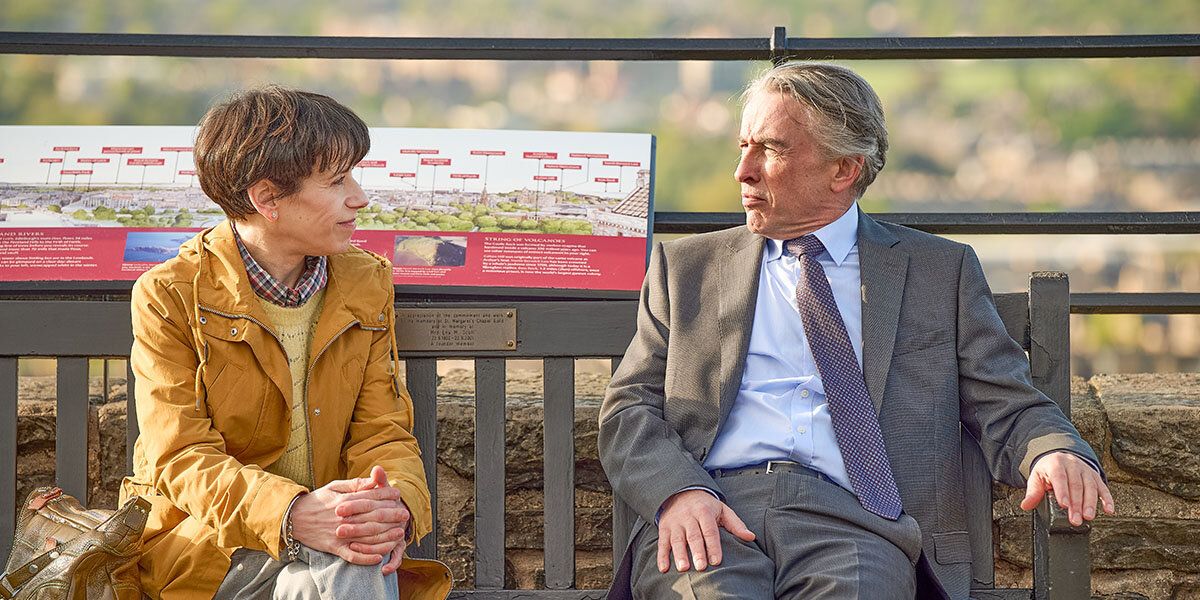
A free daily email with the biggest news stories of the day – and the best features from TheWeek.com
You are now subscribed
Your newsletter sign-up was successful
A new movie about the discovery of a British monarch’s remains has been accused of a “reckless” airbrushing of history.
Described as a “quirky drama” by The Guardian, The Lost King tells the story of an amateur historian, Philippa Langley, who defies the academic establishment in her bid to find King Richard III’s remains, which were lost for over 500 years.
But archaeologists and scientists involved in the discovery, fear that the film “airbrushes out their contributions in favour of an amateur historian”, said The Times. Academics feel they have been “unfairly portrayed as sexist, patronising glory hunters”, said the Daily Mail, but the film’s producers are standing by their story.
The Week
Escape your echo chamber. Get the facts behind the news, plus analysis from multiple perspectives.

Sign up for The Week's Free Newsletters
From our morning news briefing to a weekly Good News Newsletter, get the best of The Week delivered directly to your inbox.
From our morning news briefing to a weekly Good News Newsletter, get the best of The Week delivered directly to your inbox.
Here is what we know.
What’s the film about?
The Lost King is a “warmly funny” movie and “historically curious”, said Empire. Co-written by Steve Coogan, it focuses on the story of Philippa Langley, whose quest to find the lost monarch prompted his discovery beneath a Leicester car park by academics in 2012.
Coogan, who plays Langley’s husband, had previously told the BBC that Langley had been “incensed” by how she had been treated by the university.
“The film is my story. Everything you see on screen is documented and supported by original materials and eyewitness testimony,” Langley told the broadcaster.
A free daily email with the biggest news stories of the day – and the best features from TheWeek.com
The film presents the University of Leicester as “cackling, self-interested villains who steal Philippa’s thunder,” said Empire, and Langley as the hero. But not everyone agrees with this depiction.
Who is Philippa Langley?
Langley was the secretary of the Scottish branch of the Richard III Society, who spent eight years looking for the remains of the king and “ultimately convinced the authorities to allow her to dig in the car park”, said The Times.
She told The Guardian that it was during a trip to Leicester in 2004 that she had the “strangest feeling” that Richard was buried in the social services car park, which had been previously identified as the site where Richard’s body had been taken after he was killed at the Battle of Bosworth Field in 1485.
She is co-author, with Michael K. Jones, of The King’s Grave: The Search for Richard III, and she has also initiated a project to locate the remains of Henry I of England.
Langley was appointed a Member of the Order of the British Empire (MBE) in the 2015 Birthday Honours for “services to the exhumation and identification of Richard III”.
“Am I bonkers?” she said in her interview with The Guardian. “Do you know what – I probably am.”
What is the controversy?
Langley insists that the archaeologists took undue credit for finding the remains of Richard III given that she had led the search, raised the funding for the dig and arranged the archaeologists.
She told the BBC she had felt “marginalised” and was particularly disappointed “not to feature more prominently at a press conference, where news that the remains were indeed Richard’s was confirmed”, said the broadcaster.
But when the trailer was released, some of the lead archaeologists involved in the real events did not feel that the film’s presentation as “the true story” was justified. There were also claims that the “pretty reckless” film had under-represented the involvement of key archaeologists, and overstated Langley’s financial input to the project, said The Guardian.
Richard Taylor, former deputy registrar at Leicester University, told The Observer: “Tension makes a good story but it doesn’t necessarily make it true. If you are going to portray real people, at least involve them.”
Following the UK premiere of the film, the University of Leicester issued a press release, saying “the suggested whereabouts of the King’s remains was public knowledge prior to Philippa’s intervention” though it recognised that “she was the positive driving force behind the decision to dig for Richard III”.
Archaeologists have been “fighting to stop their side of the story being buried for ever,” said The Observer. However, insisted the film’s producers, “quite simply, without the single-minded and unwavering determination of Philippa Langley… the remains of King Richard III would still be undiscovered”.
Chas Newkey-Burden has been part of The Week Digital team for more than a decade and a journalist for 25 years, starting out on the irreverent football weekly 90 Minutes, before moving to lifestyle magazines Loaded and Attitude. He was a columnist for The Big Issue and landed a world exclusive with David Beckham that became the weekly magazine’s bestselling issue. He now writes regularly for The Guardian, The Telegraph, The Independent, Metro, FourFourTwo and the i new site. He is also the author of a number of non-fiction books.
-
 ‘Zero trimester’ influencers believe a healthy pregnancy is a choice
‘Zero trimester’ influencers believe a healthy pregnancy is a choiceThe Explainer Is prepping during the preconception period the answer for hopeful couples?
-
 AI surgical tools might be injuring patients
AI surgical tools might be injuring patientsUnder the Radar More than 1,300 AI-assisted medical devices have FDA approval
-
 9 products to jazz up your letters and cards
9 products to jazz up your letters and cardsThe Week Recommends Get the write stuff
-
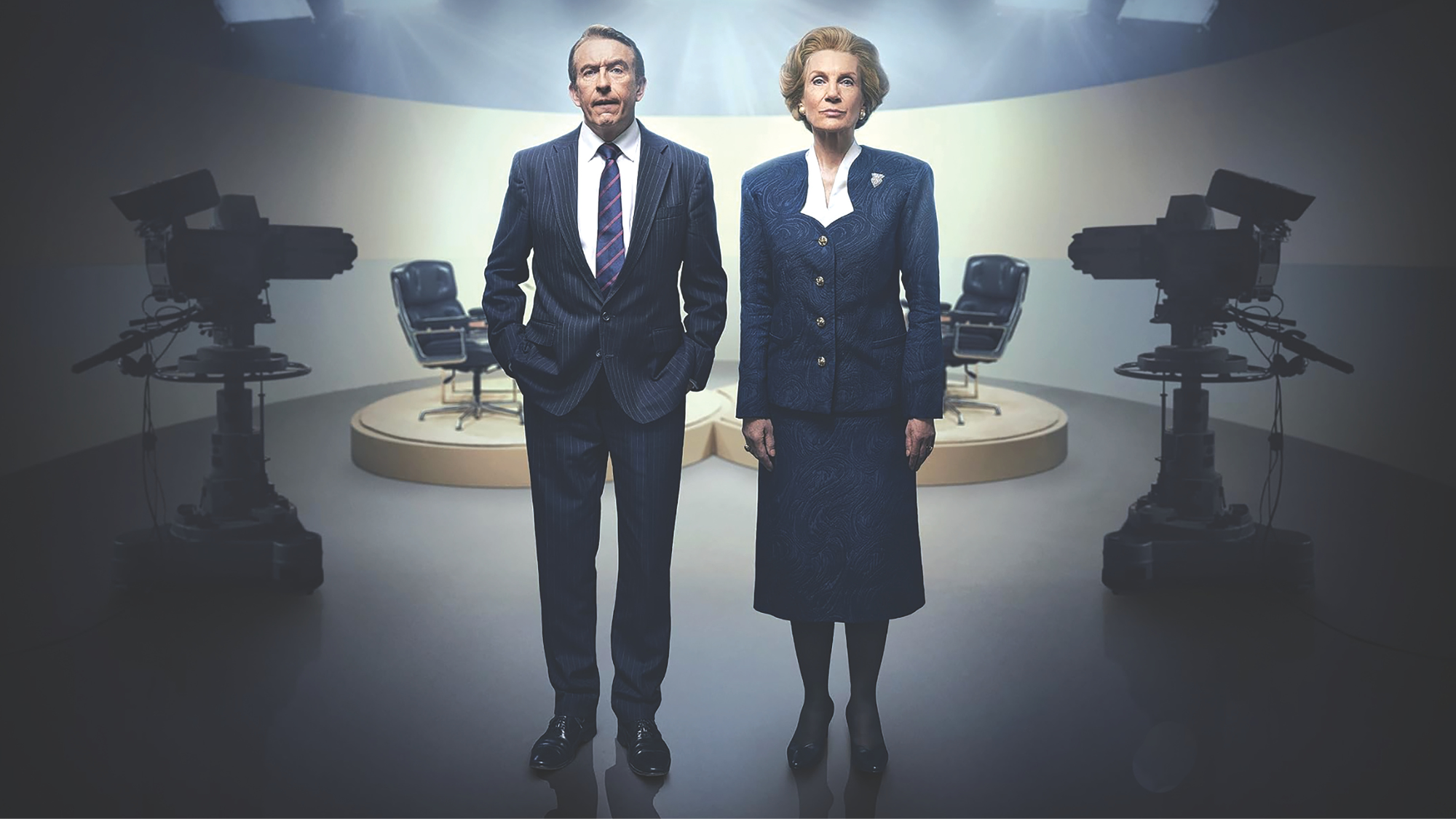 Brian and Maggie: Harriet Walter 'captures the essence' of Margaret Thatcher
Brian and Maggie: Harriet Walter 'captures the essence' of Margaret ThatcherThe Week Recommends James Graham's two-part Channel 4 drama is an 'absorbing study of politics, class and conflicted loyalties'
-
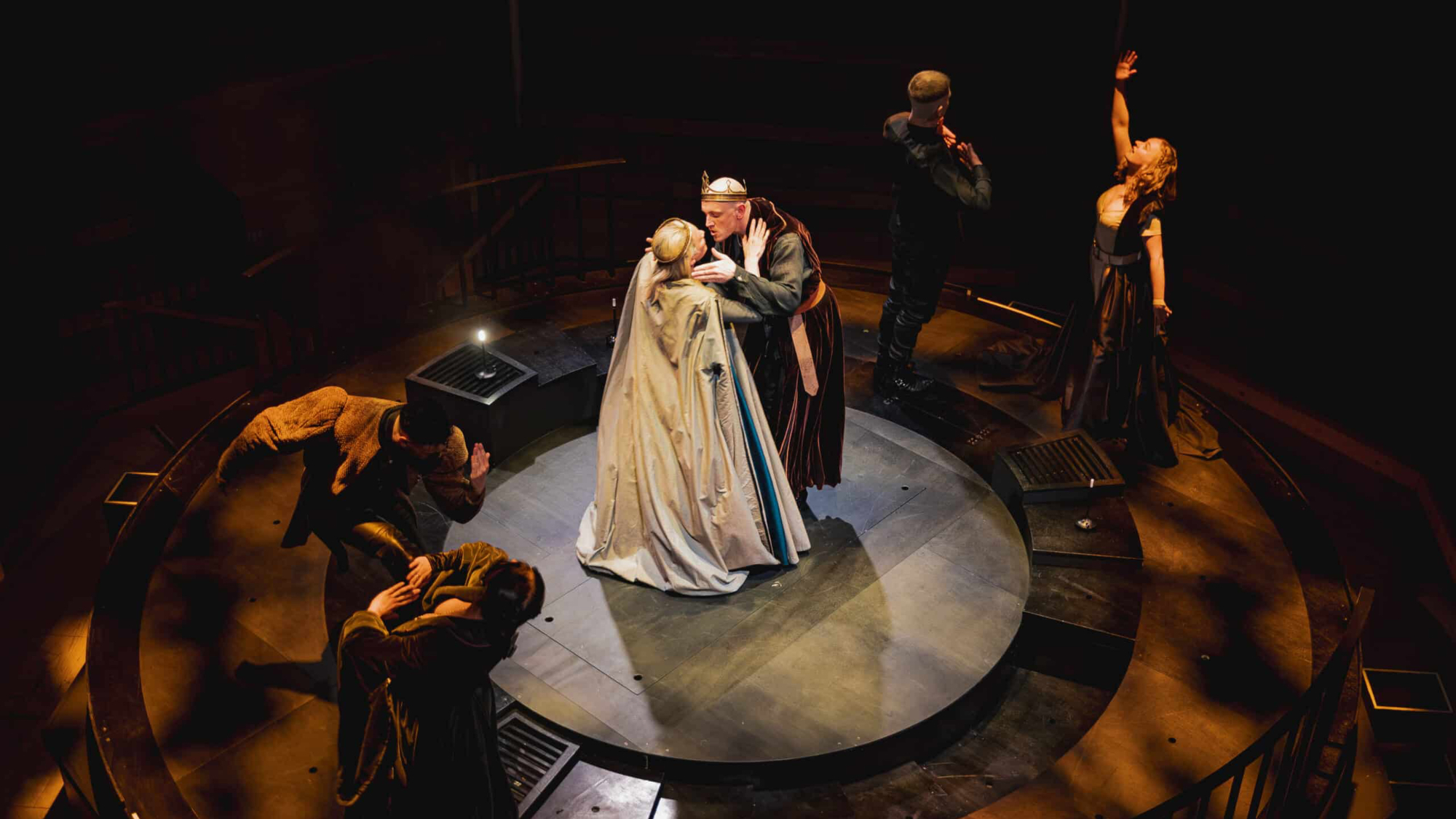 Richard, My Richard: Philippa Gregory's 'nuanced portrait' of Richard III is heavy on the history
Richard, My Richard: Philippa Gregory's 'nuanced portrait' of Richard III is heavy on the historyTalking Point Women are centre stage but play has 'something of a structural problem'
-
 Inside the rocky marriage of Priscilla Presley and Elvis
Inside the rocky marriage of Priscilla Presley and ElvisUnder the Radar Rock and roll legend’s former wife praises Sofia Coppola’s new biopic
-
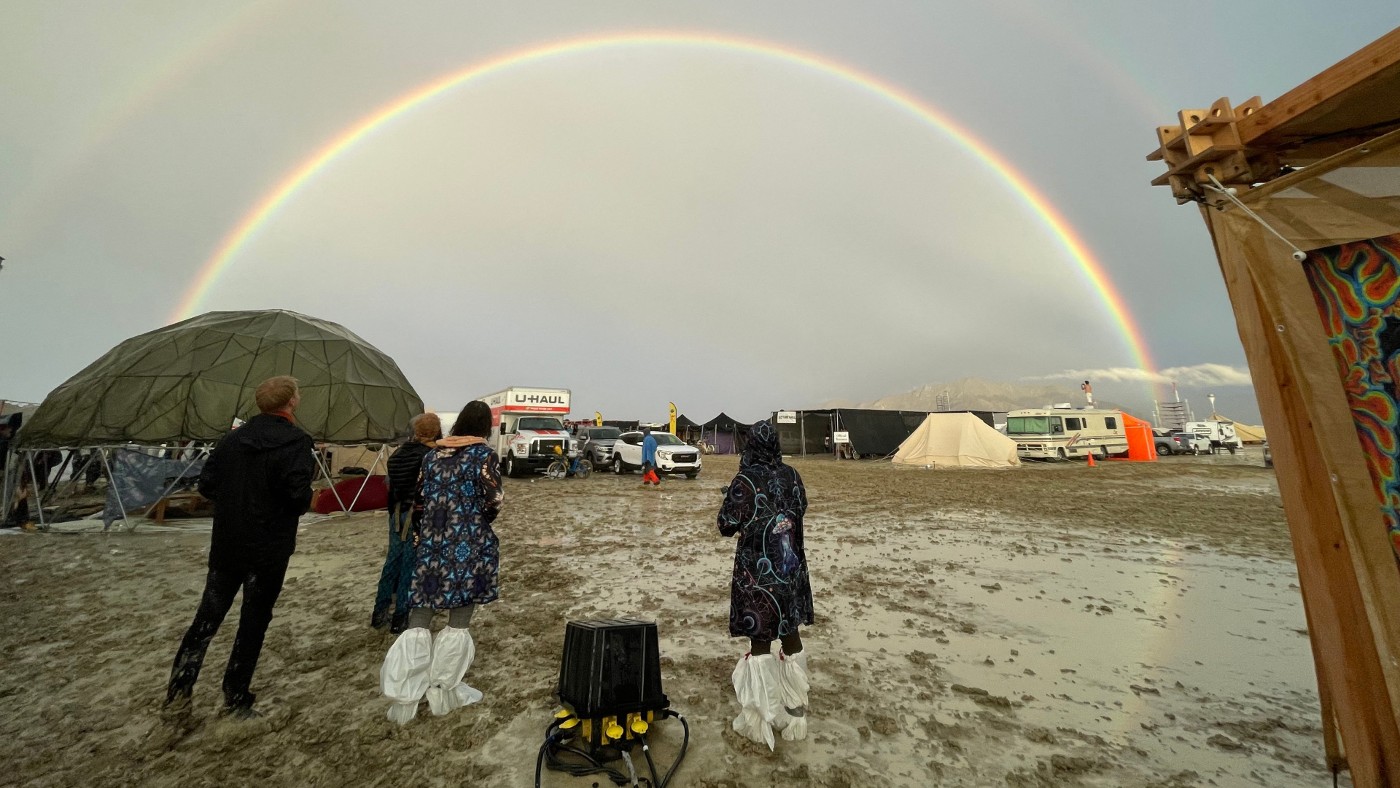 How Burning Man descended into chaos
How Burning Man descended into chaosUnder the Radar Torrential rain leaves thousands of revellers stuck at Nevada festival
-
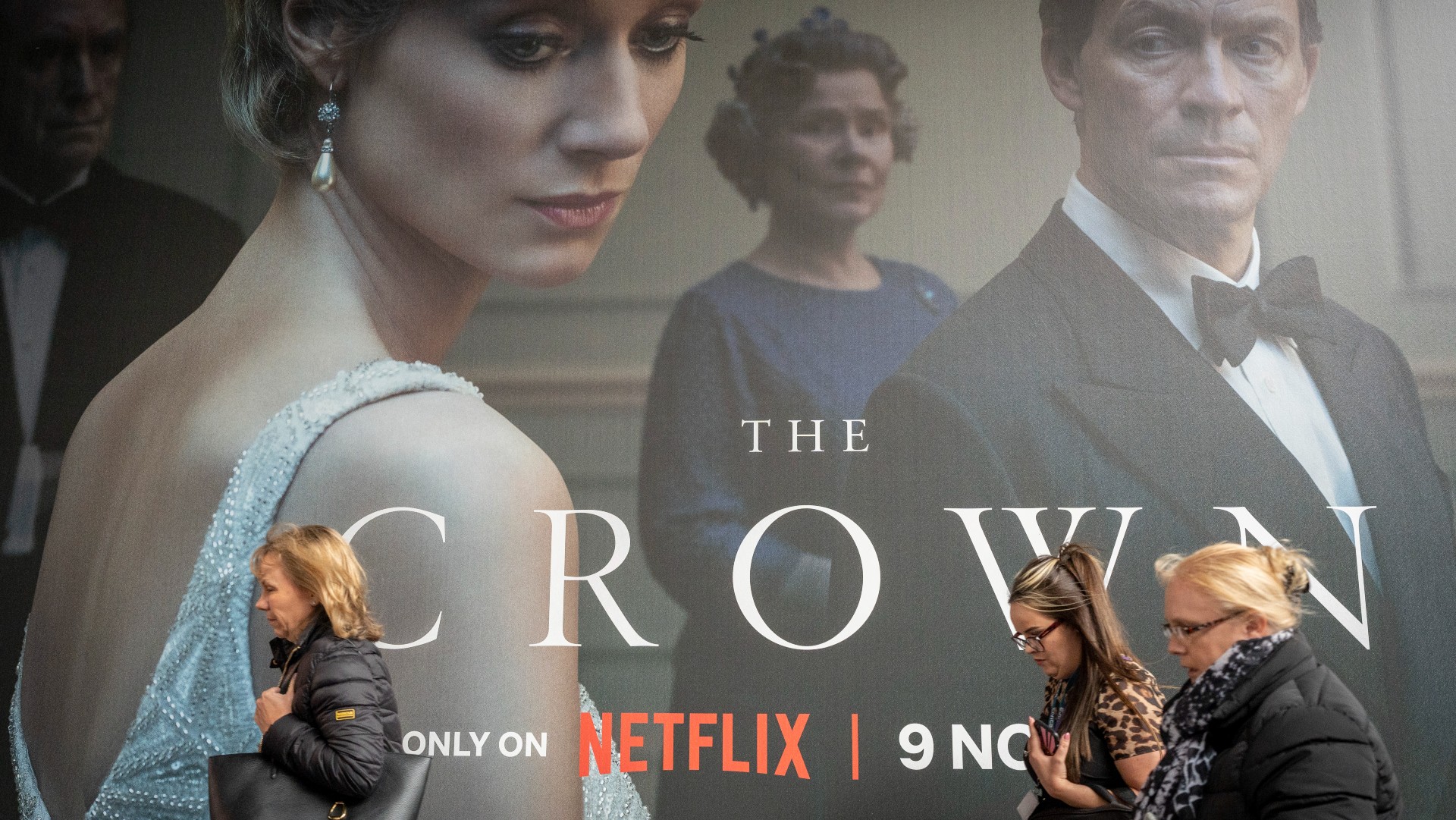 Princess Diana’s death in The Crown: how accurate is the Netflix series?
Princess Diana’s death in The Crown: how accurate is the Netflix series?Under the Radar The controversial show is returning for sixth and final season later this year
-
 Michael Parkinson: five best interviews by star presenter
Michael Parkinson: five best interviews by star presenterUnder the Radar ‘King of the chat show’ Parky has died aged 88
-
 The Beanie Bubble: the true story behind fallen toy empire film
The Beanie Bubble: the true story behind fallen toy empire filmUnder the Radar New release depicts rise and fall of 1990s stuffed plushy phenomenon
-
 The story behind Sinéad O’Connor’s iconic Saturday Night Live performance
The story behind Sinéad O’Connor’s iconic Saturday Night Live performanceUnder the Radar Singer ‘stepped into culture-war infamy’ after tearing photograph of the Pope live on air